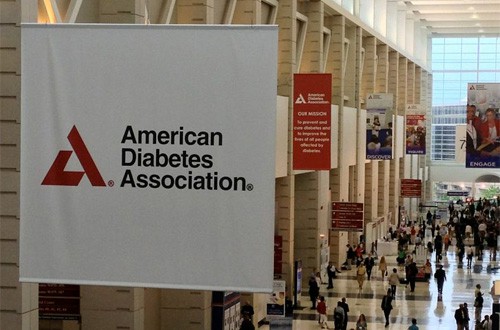
Boehringer Ingelheim and Lilly’s empaglifozin reduced blood glucose in a series of late-stage trials that also indicated the type 2 diabetes drug candidate could have weight loss benefits.
The four pivotal phase III studies all met their primary endpoint, seeing significant, clinically meaningful reductions in patients’ HbA1C levels, weight and blood glucose, a spokesman for the companies said.
“More than half of patients are not at their goal in terms of HbA1C and as a physician you need additional treatment options,” Boehringer Ingelheim’s senior medical director, therapeutic area metabolism Dr Thomas Hach told PMLiVE.
“Therefore, this is an additional treatment option where we think, especially because you don’t cause hypoglycaemia, it will be well appreciated by doctors and patients.”
When taken together, the trials, which were presented over the weekend at the American Diabetes Association’s (ADA) Scientific Sessions in Chicago, showed “a very consistent efficacy profile of the drug across the different combinations that were tested”, Dr Hach added.
The trials investigated empagliflozin as a once-daily monotherapy, as an add-on to metformin with or without a sulphonylurea, and as an add-on to basal insulin.
The companies are also running a head-to-head study with sulphonyrea, the first results from which are expected to emerge by the end of this year and then be released in full at next year’s ADA meeting.
A sodium-glucose co-transporter 2 (SGLT2) inhibitor, empagliflozin is one of a new class of treatments with blockbuster potential that work independently of insulin to help remove excess glucose from the body.
This is a unique mechanism among oral diabetes drugs whereby glucose is flushed from the body through the urine. This process can cause genital mycotic infections, although these are treatable.
“We don’t want to downplay this,” Dr Hach said, “but we do not see a detrimental effect on the kidney, so there is no structural damage.”
The companies will hope that the four phase III trials will help bolster their case with regulators.
Empagliflozin was submitted to US and EU authorities earlier this year, and Boehringer and Lilly hope to launch it next year.
That would put it on course to become the third SGLT2 inhibitors to reach the market, behind AstraZeneca and Bristol-Myers Squibb’s Forxiga (dapagliflozin), which is approved in Europe but has stumbled in the US, and Janssen’s Invokana (canagliflozin), which was licensed in the US earlier this year.




